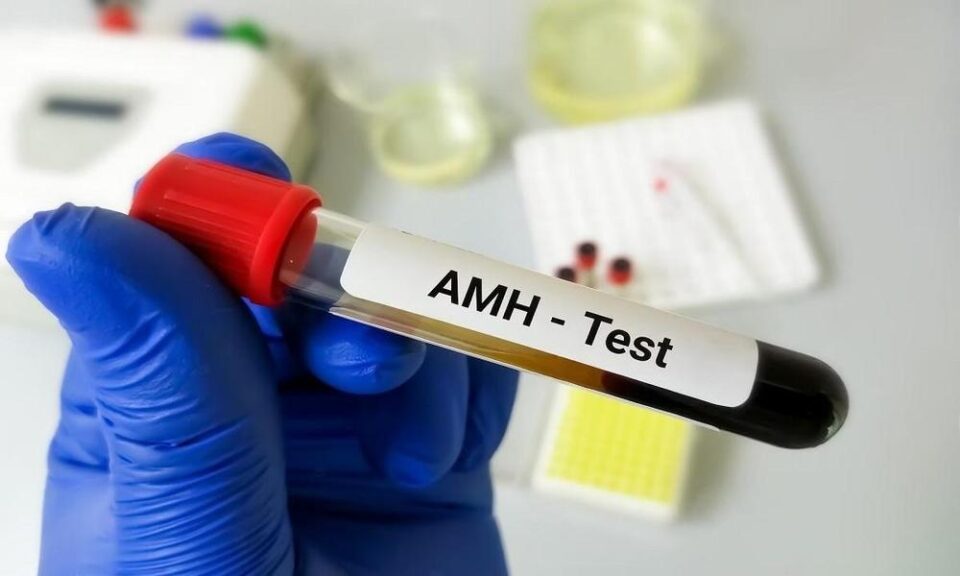AMH blood test blood tests are invaluable tools for monitoring and maintaining your health. They provide valuable insights into your body’s functioning, detect potential health problems in their early stages, help monitor chronic conditions and medication efficacy, and aid in preventive care.
Regular blood tests are an essential part of preventive healthcare and can provide valuable insights into your overall health and well-being. These tests involve analyzing a small sample of blood to assess various aspects of your body’s functioning. While many people may only consider blood tests necessary when they are unwell, the truth is that routine blood testing is crucial for maintaining good health. Let’s explore the importance of regular blood tests and why they should be a part of your healthcare routine.
Regular blood tests are early disease detection
Blood tests can reveal abnormalities in your body that may indicate the presence of certain diseases or conditions. By detecting these issues in their early stages, you and your healthcare provider can take proactive measures to manage or treat them effectively. Conditions such as diabetes, high cholesterol, liver diseases, kidney problems, and certain cancers can often be diagnosed or monitored through blood tests.
Blood tests also provide valuable information about your organ function and overall health
They measure various components in the blood, such as red and white blood cells, platelets, hemoglobin levels, and electrolyte balance. These measurements help evaluate the functioning of your organs, such as the liver, kidneys, thyroid, and heart. By monitoring these parameters over time, your healthcare provider can identify any changes or abnormalities that may require further investigation or intervention.
These tests help monitor the effectiveness of treatment, assess medication levels in the blood, and identify any potential side effects or complications. By regularly monitoring your blood parameters, your healthcare provider can adjust treatment plans as needed, ensuring optimal management of your condition and minimizing potential risks.
Blood tests also play a vital role in preventive care
They can assess your risk factors for certain diseases, such as heart disease or vitamin deficiencies, allowing you to make informed lifestyle choices and take preventive measures. Blood tests can reveal nutritional deficiencies, hormonal imbalances, or markers of inflammation, enabling you to address these issues before they develop into more significant health problems.
Regular blood tests can serve as a baseline for your health
By establishing a pattern of your blood parameters when you’re healthy, it becomes easier for healthcare providers to identify any deviations or changes that may indicate a problem. This baseline data can also be useful when monitoring the effects of lifestyle modifications, dietary changes, or new medications.
By incorporating routine blood testing into your healthcare routine, you and your healthcare provider can work together to optimize your well-being, identify potential risks, and ensure timely intervention when needed. Remember, a small blood sample today can contribute to a healthier future tomorrow.

